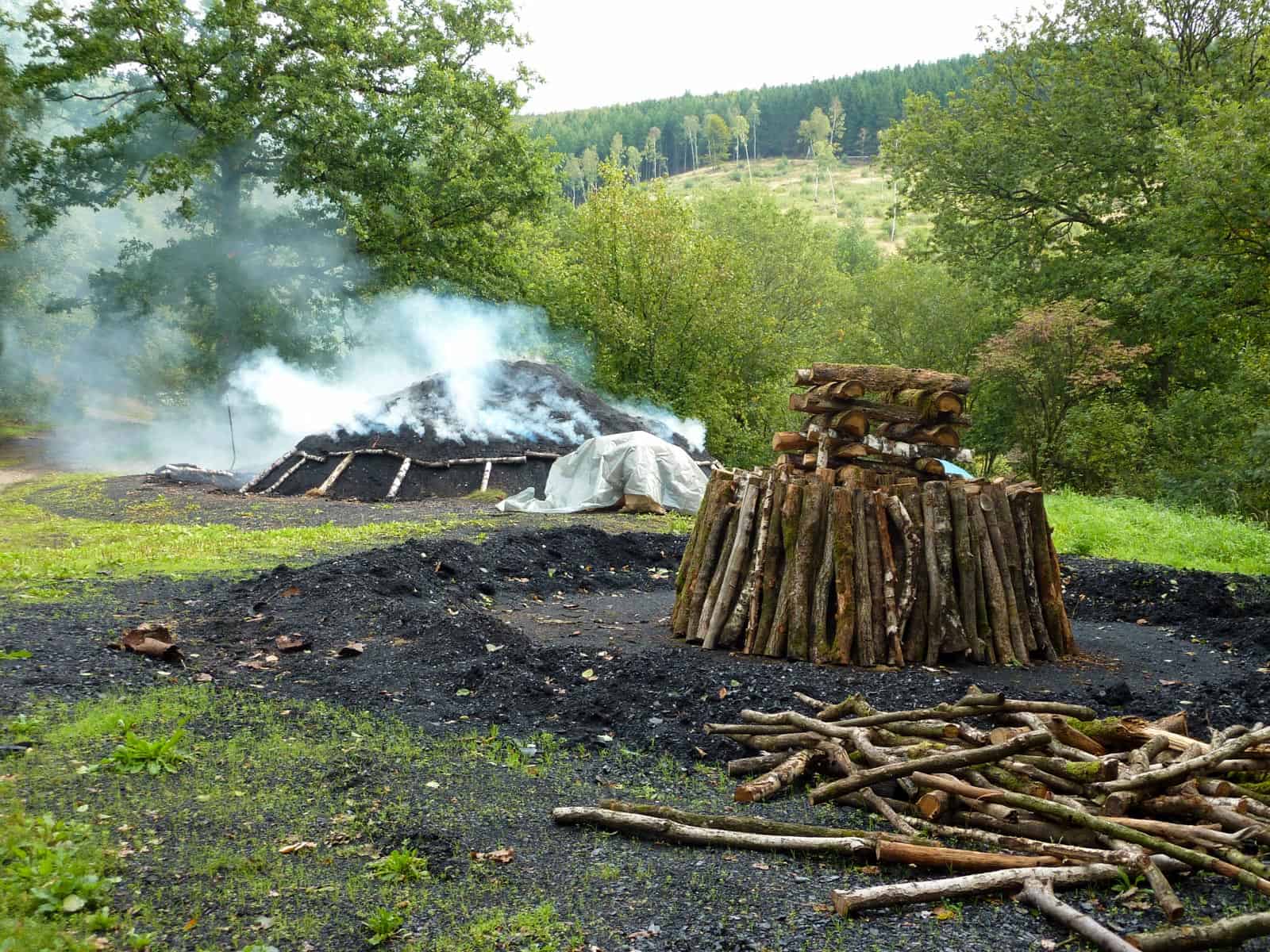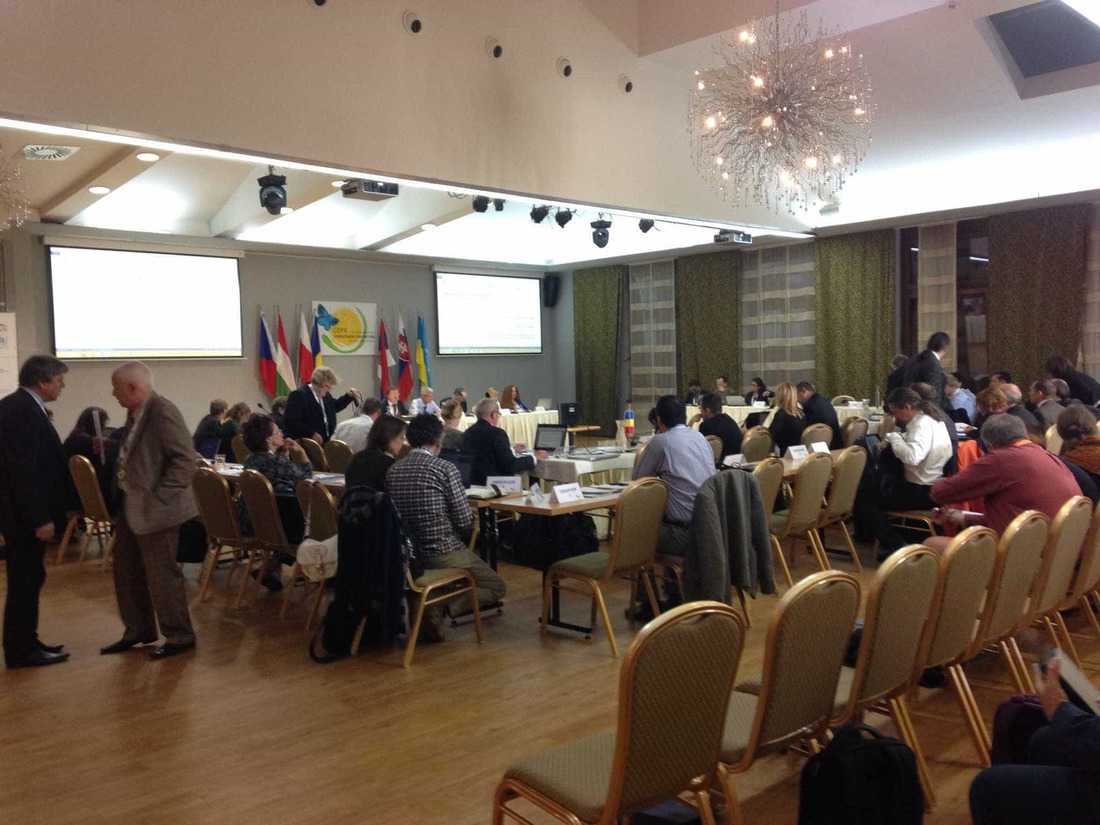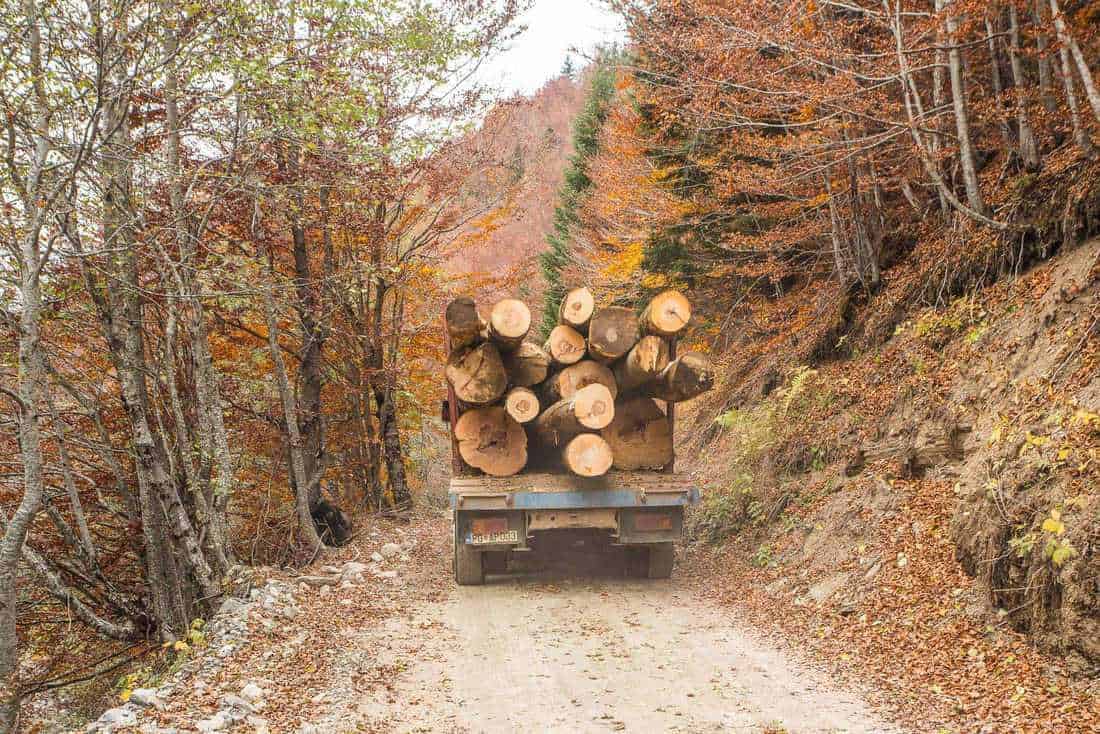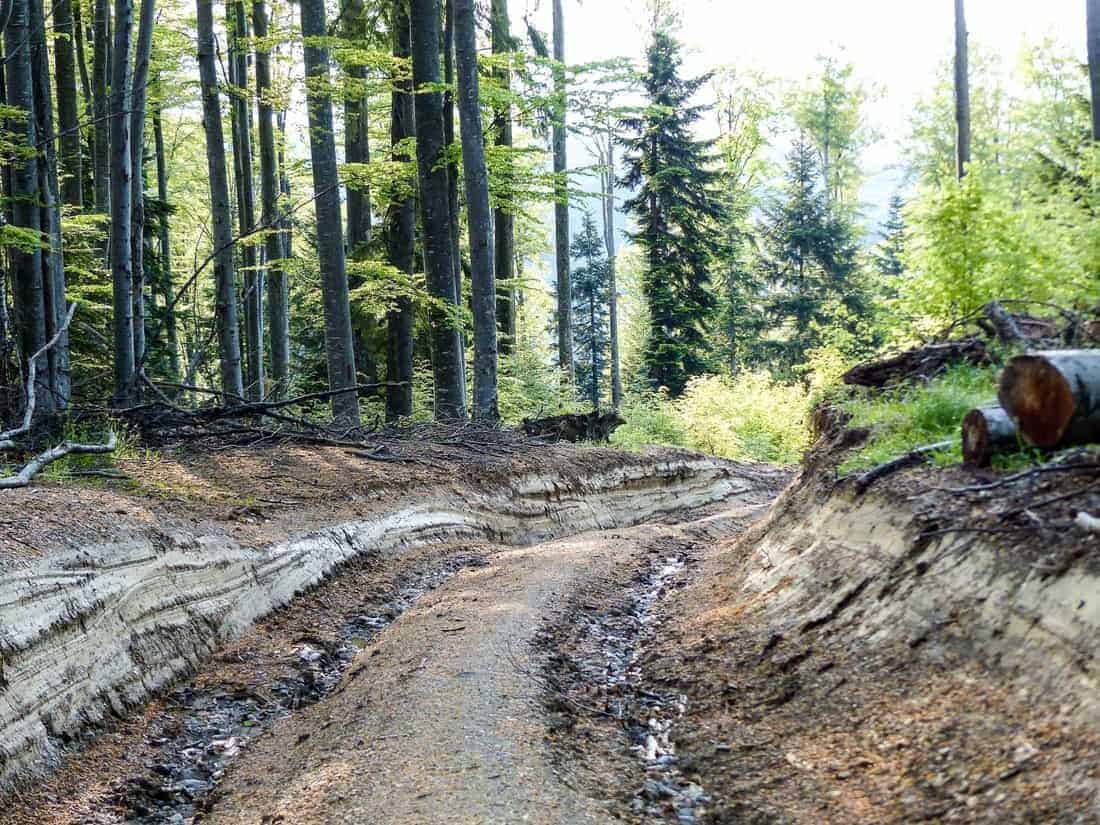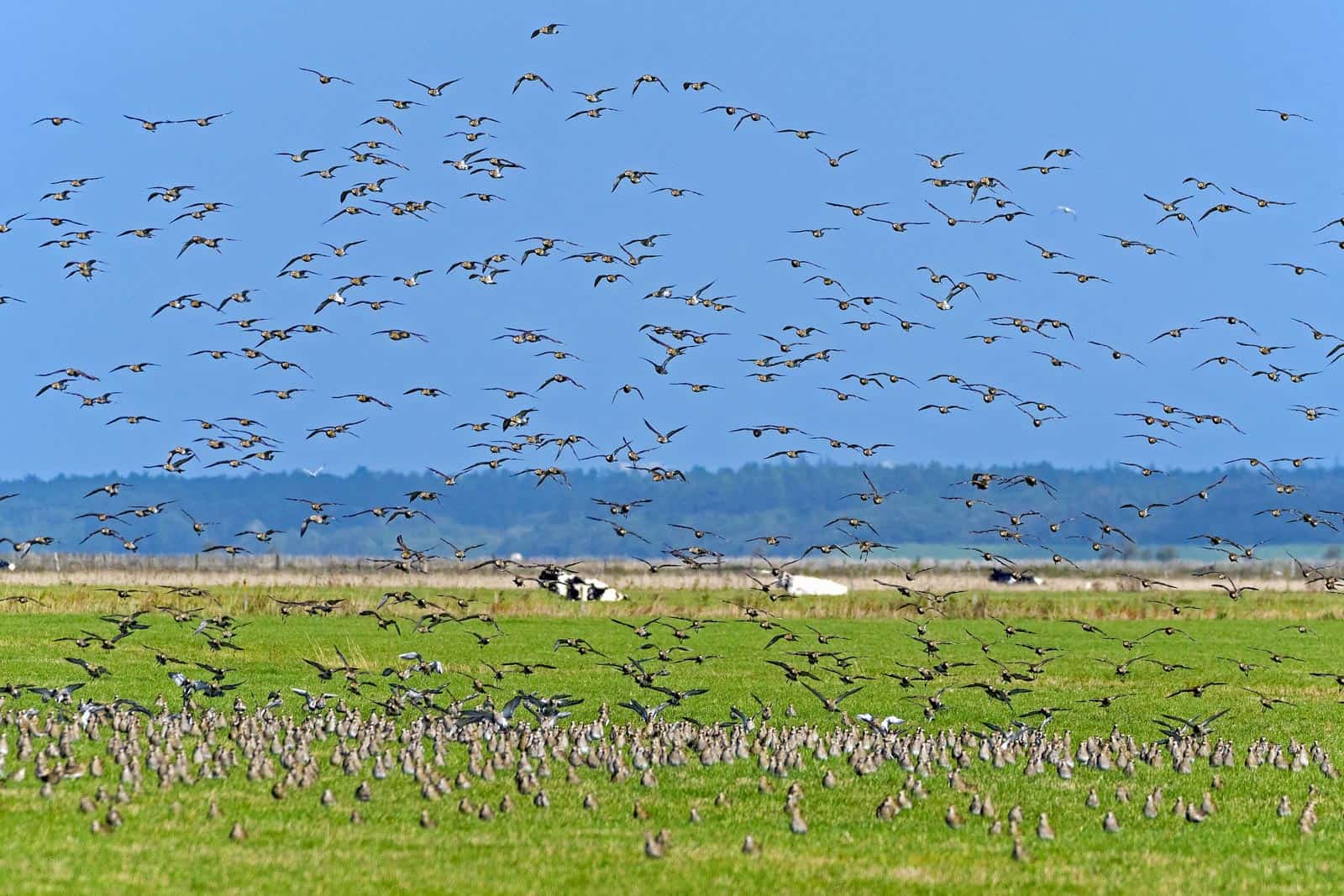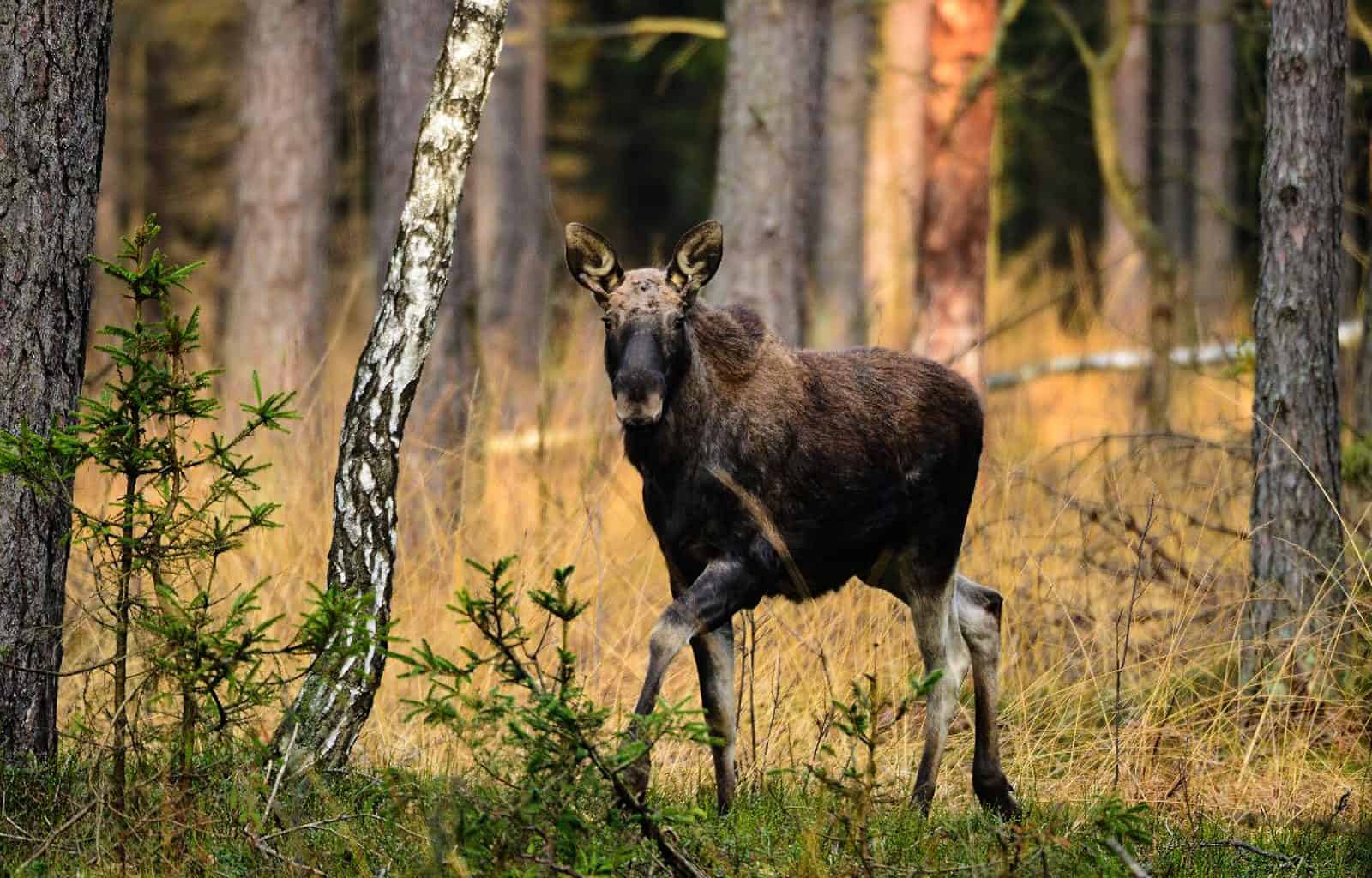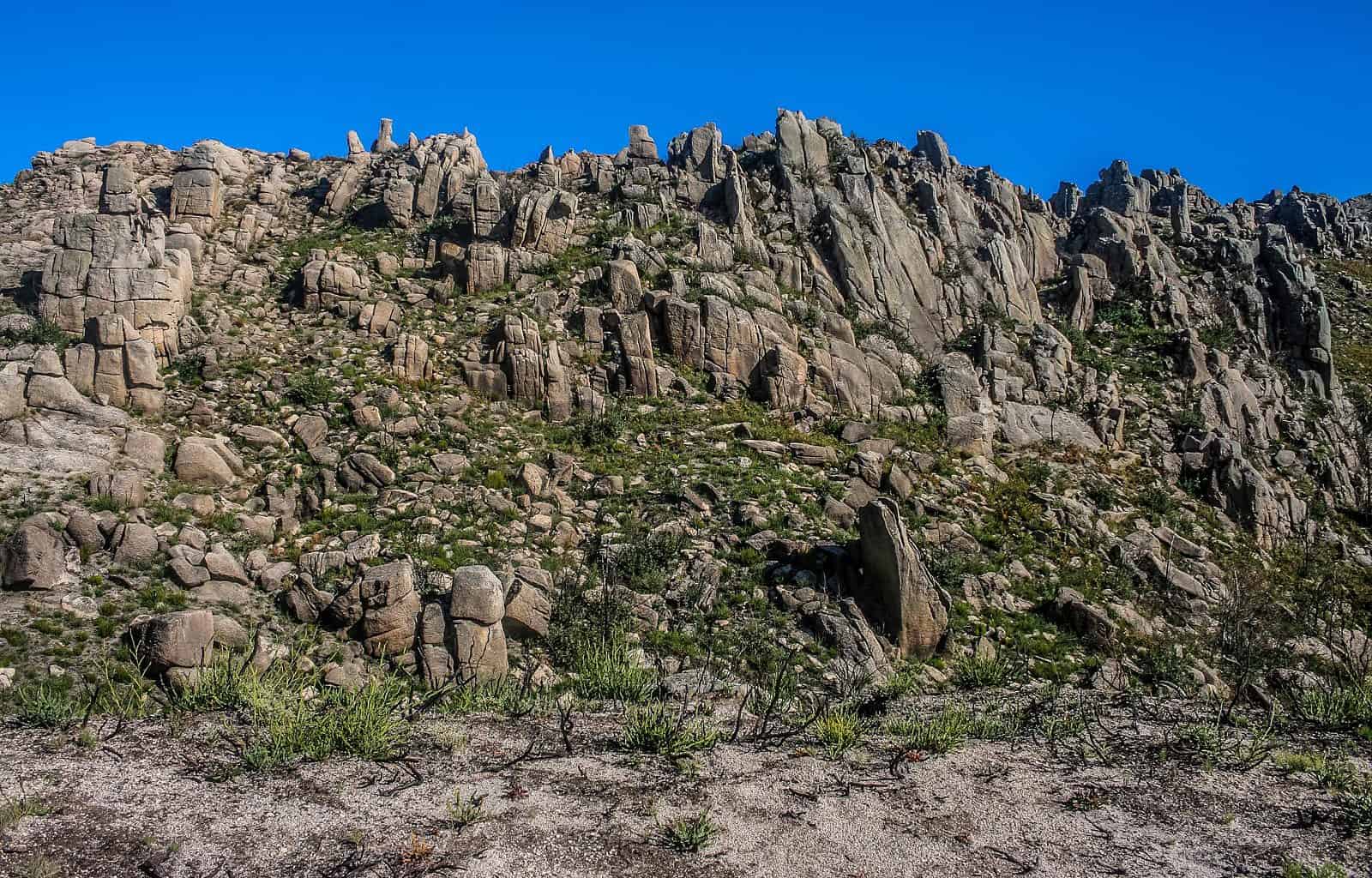The history of European forest exploitation
European forests dramatically suffered not only in the last decades but ever since the development of agriculture and permanent settlement of humans in Europe. The question today is if the man simply forgot how dramatically he impacted forest in the past. Or, is it that currently we simply don’t care what happened in the past? The answer to this question is that human impact on forest was drastic in previous millenia as well.
While have used forests ever since they first appeared in Europe, the impact then was obviously much smaller than today. However, the pressure has dramatically increased in the last few thousand of years and particularly centuries. The truth is that due to worse technology and smaller human population the destruction was slower than today.
There have been three centuries of very professional and sophisticated forest management traditions. Yet, it seems that humans did not find a way to coexist with forest on a long-term basis. This is true despite the sharing of information that forestry is the most sustainable economical activity. The truth is that the main objective of forestry is to produce timber for human use. This brings about a wide variety of damage.
Please also read: Hands-On Wilderness Stewardship In The US to learn about value of Wilderness for biodiversity.
Exploitation of forest
Currently, despite growing knowledge on forest ecology and many arguments that the timber is just one of many other values that the forest provides, foresty is mostly just a subject of business. This basically means forest exploitation, production of timber and profit-making. Researchers argue that the wide spectrum of all other forest functions are much more valuable than just timber production. However, this is rarely taken into account in practice. It comes as no surprise that none of these development stages led to a smart partnership between man and forests.
Nevertheless, the truth is that particularly from 19th century on, the forest started to be much more carefully managed. Significant focus was put not only on producing fire wood and timber, but also more and more on taking into the account the environmental benefits of forests. Despite many pathetic statements and strategies, this knowledge lead to a great improvement in the relation between man and forest. However, at least the knowledge that timber-oriented forest management is not an adequate way how to deal with forest was clearly formulated.
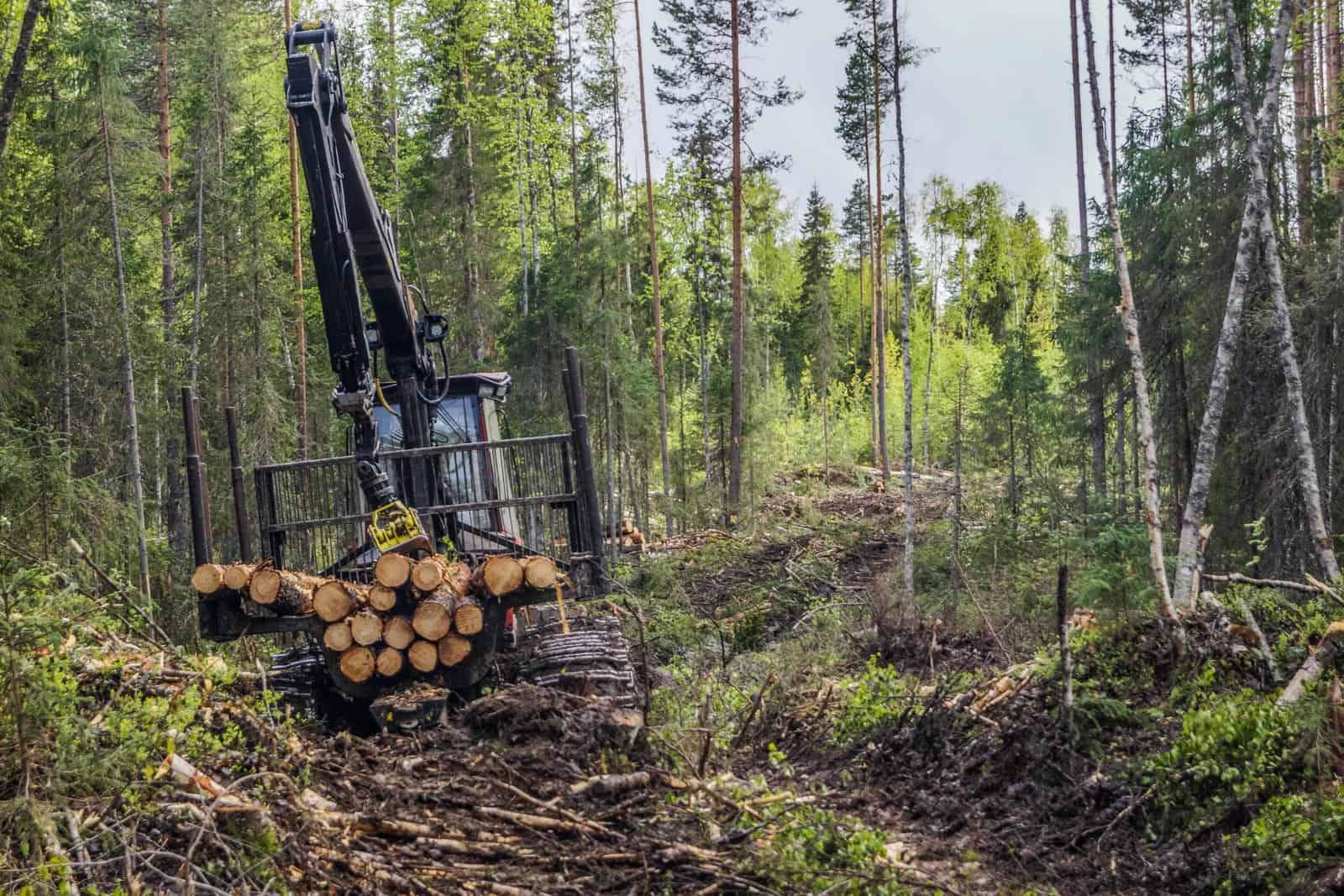
Permanent attacks on European forest
Forest in Europe and particularly in Central and Southern Europe has a long history of exploitation by man. During millennia of that interaction the forest dramatically suffered.
For example in the 15th century the high demand for charcoal in the absence of coal to feed the glassworks and the emerging industrial mining industry in the carpathians, romania, European alps and the Harz mountains led to a massive deforestation.
Men have always used forest as a pantry. They would always go to forest first to find a way to satisfy their needs. Since the early beginning, the forest was a place, where man found all food and fuel to keep warm. Later on, humans also looked for construction material and finally an important source of various substance to develop and run various branches of industry (e.g. due to wood chemical processing).
Where are limits of forest misuse?
More and more people have a feeling that the European forest is currently suffering far beyond acceptable levels. Scientist very openly say that the scale and intensity of current changes in forest have never been seen before. It seems that the historical massive deforestation along the Mediterranean coast (due to the development of cities and ship construction) or massive attacks on mountainous forest in the Alps, Carpathians or Pyrenees were much less destructive than the plundering of forest in the last decades.
It is more and more obvious in the last decade that the forest particularly in Central Europe is dramatically suffering. Experts all over Europe are searching for answers what is the real reason for that.
Forest very much becomes subject of business and is running by principles of business. This is reality despite many innovations developed in the last decades with intention to make forestry business more user-friendly. We are now paying the fee for mistakes done in the past by several generations of foresters. If we want to have a forest much more resistant to ongoing climate change, we can not manage it as a commercial business anymore.







